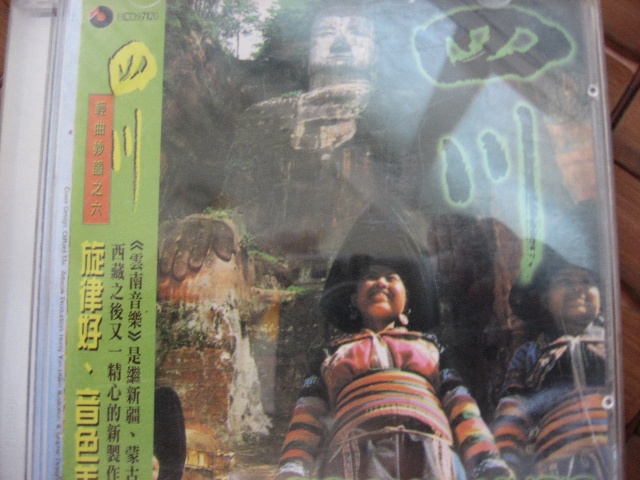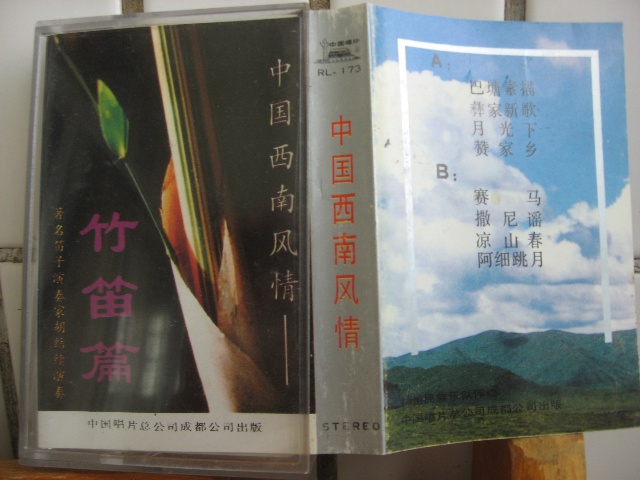邹蓝
有些四川民歌在全国都非常脍炙人口。不过在我看来,多数如此民歌都是歌星唱的,大众很少能体验到这些歌按照民间的方式来演唱时的魅力。
语言学上四川方言属于西南官话区,这个官话通行于四川,重庆,贵州,云南以及湖北、湖南和广西北部,各省市区,以及地市的音调和词汇略有不同。一首有名的四川民歌“太阳出来喜洋洋”,也有重庆和湖北可以称是他们那个地区的民歌,因为那都是川东地区和三峡地区。因此四川将该民歌大致称为川东民歌。这首民歌典型地反映了四川地区冬季的气候特点:一连数日大雾弥漫不见阳光。因此每当云开雾散阳光照耀大地,晒得四川人身上暖洋洋的,人人都开心看到了天上又有了太阳。
Some of the Sichuan folk songs are very popular among the national audience but in my opinion, since most of those songs are sung by the stars, general public could not have the opportunity to appreciate their original appeal in the native way of singing. http://t8.rbc.cn/search?keyword=%E5%9B%9B%E5%B7%9D%E6%B0%91%E6%AD%8C
Linguistically Sichuan dialect is in the category of Southwest China Mandarin (西南官话),which is shared in Chongqing, Guizhou and Yunnan provinces and western parts of Hubei, Hunan and Northern Guangxi, with slight difference in vocabulary and intonation in respective provinces and prefectures. So one of the famous Sichuan folk songs of Sichuan “Rising Sun Brings Joy”(太阳出来喜洋洋), can also be claimed by Chongqing and West Hubei as the region used to be the Eastern Sichuan and the song is mainly from the Three Gorges areas along the Yangtze. So in Sichuan it is roughly labeled as Eastern Sichuan folk song. The song of Rising Sun is truly reflecting the geographical peculiarities of Sichuan as in winter the climate can be foggy for days without the sunshine. So when the clear sky comes with the rising sun and the sunshine bringing the warmth to the people in Sichuan, everyone will be happy to see the sun again on the sky.


